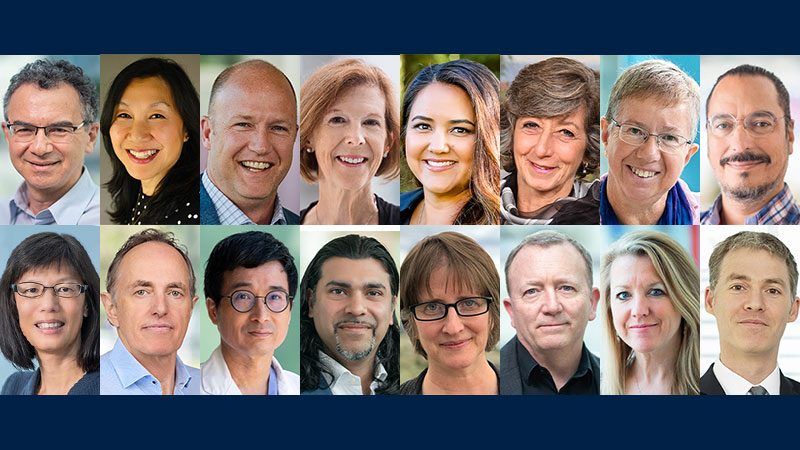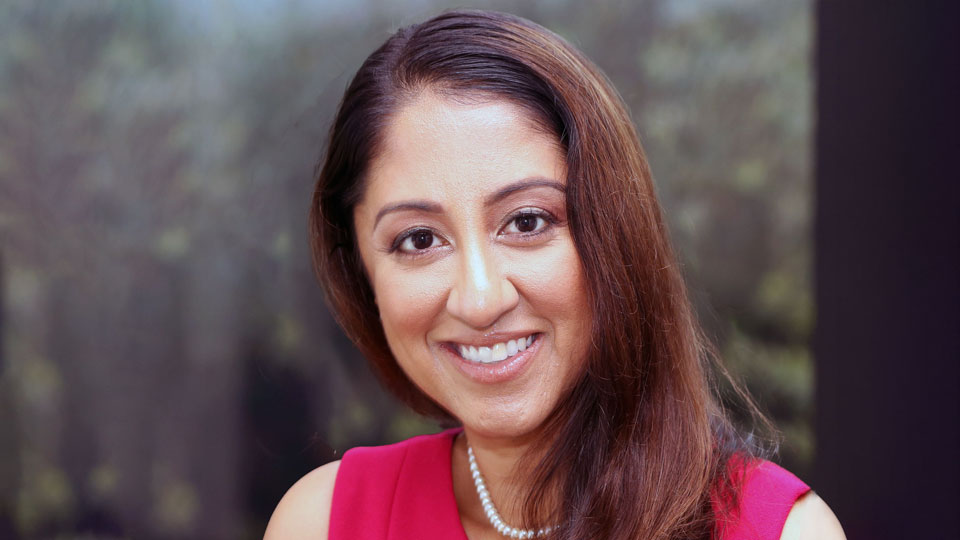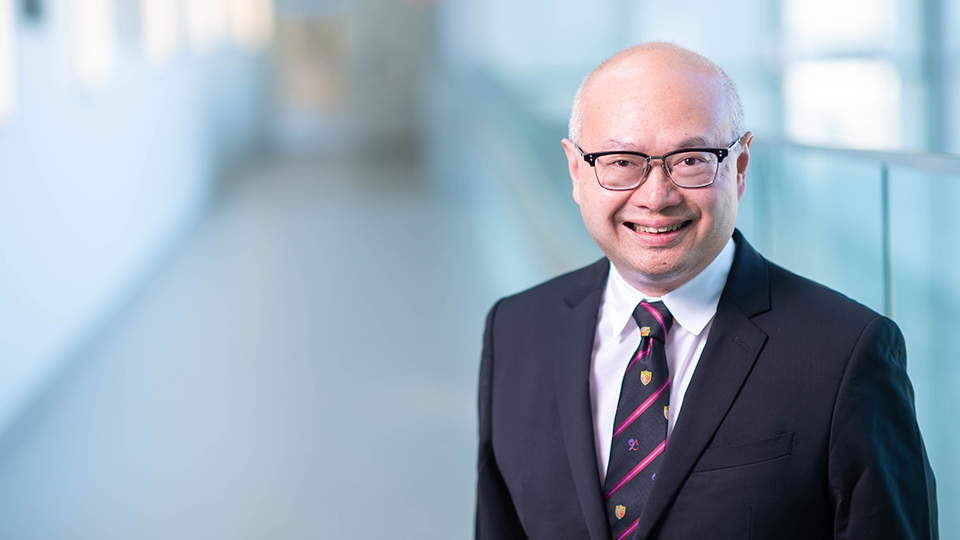A message from Dermot Kelleher, Dean, Faculty of Medicine and Vice-President, Health, UBC.

In Canada, one in three people will experience a serious neurological issue in their lifetime. Dementias alone affect more than 600,000 Canadians over the age of 65, while mental health disorders affect eight million people of all ages — at a cost of tens of billions of dollars to the healthcare system each year.
And numbers tell only a small part of the story. Diseases, disorders, and injuries of the brain have the power to rob us of our abilities, our memories, our independence and even our sense of self. The impact on individuals and their families can be severe, with vulnerable populations most affected.
The need for new insights and better treatments has never been more urgent.
As you’ll discover in the new issue of Pathways, UBC Faculty of Medicine researchers are finding innovative ways to increase the brain’s resiliency at each stage of life and reduce the burden of neurological issues when they do arise.
They are tackling everything from early-life brain injury to autism spectrum disorder to neurodegenerative diseases such as Alzheimer’s. They are mapping the anatomical signatures that make some people more vulnerable to certain mental health disorders, uncovering how memory works at the cellular level, and much more.
It is astonishing work with transformative potential.
In this issue you can also read about how we’re training the next generation of researchers, clinicians and educators to accelerate and expand this work. You’ll learn how we’re making it easier than ever before for scientists from UBC and beyond to collaborate across disciplines at the Djavad Mowafaghian Centre for Brain Health and other world-class facilities. And you’ll see how we’re working with our partners to launch new initiatives such as the UBC professorship in ALS research.
For patients, this means earlier diagnoses, more effective treatments and monitoring, and better brain health overall. It means starting life with the best possible chances, adapting and thriving as we grow and mature, and aging with dignity and independence.
Together, we are transforming brain health for everyone.
This message was sent to all faculty, staff and learners in the Faculty of Medicine.


